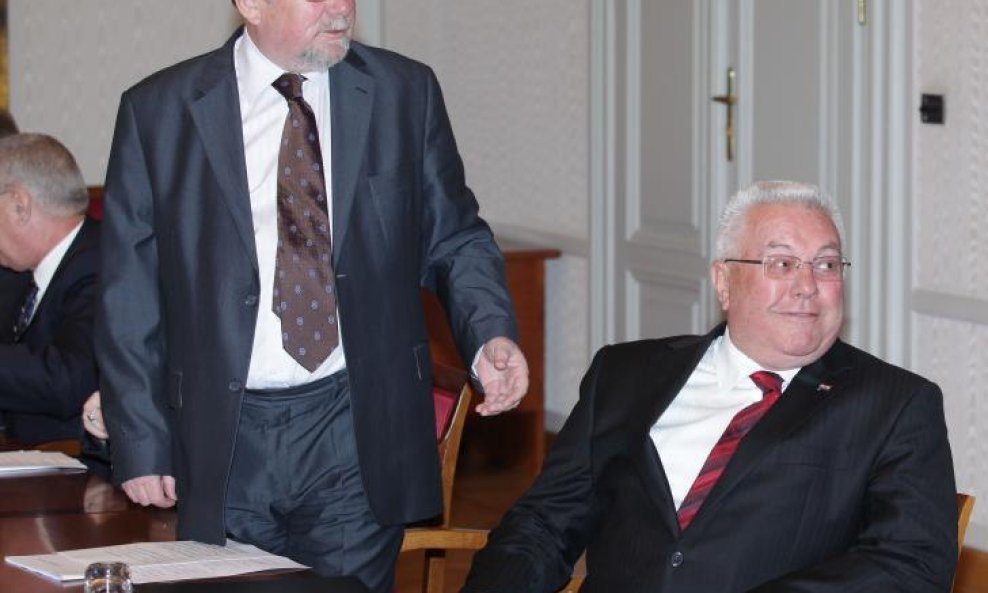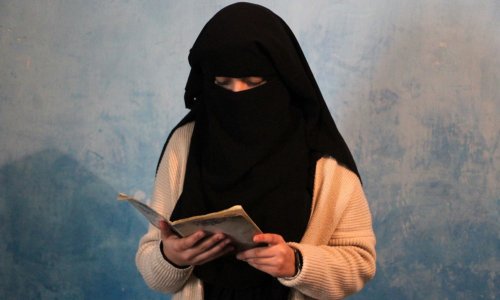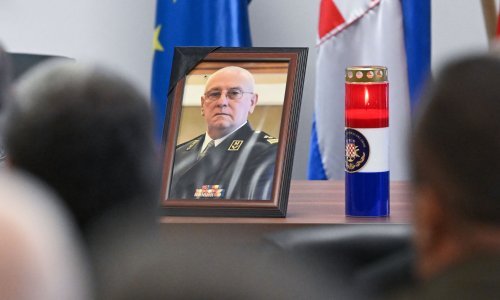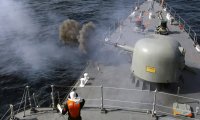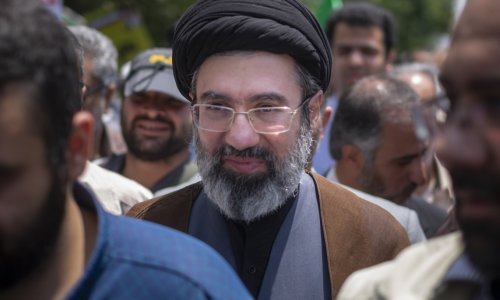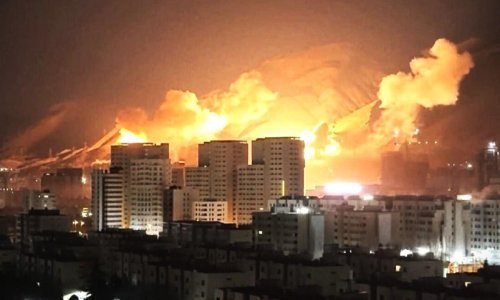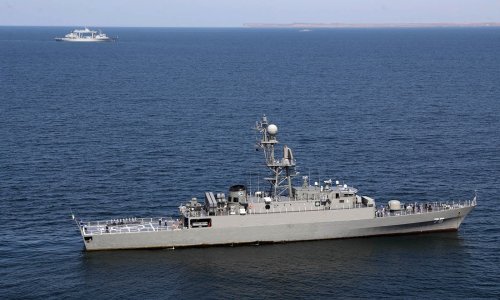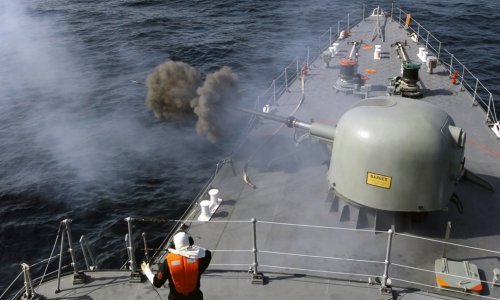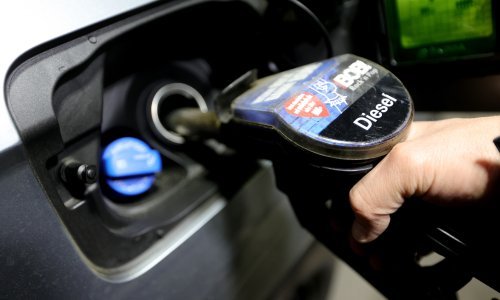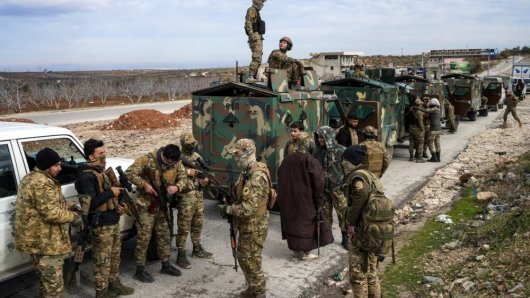Croatian Parliament Speaker Luka Bebic reiterated on Tuesday that accusations against his deputy, Vladimir Seks, for alleged war crimes in eastern Slavonia were a form of pressure on Croatia exerted by those who had been involved or had supported the military aggression against Croatia in the early 1990s.
"Pressure is being exerted on Croatia for various reasons by those who either participated or supported the aggression against Croatia," Bebic told a press conference after a meeting of the parliamentary presidency which convened a six-week session of Parliament starting from February 22.
"That's my political opinion, the details of which I don't have to explain. I'm not in court," Bebic said when asked by a reporter to elaborate on his assumption that the accusations against Seks came from those who had been involved in the aggression.
When the reporter remarked that this could not be ascribed to Amnesty International, the international human rights watchdog that questioned Seks's role in the war, Bebic said he was not belittling anyone's work, but that he was reserving his right to take a critical approach to anyone. He advised journalists to analyse reports "rather than blindly accept everything someone writes for I don't know what reasons."
Bebic said that he had noticed that the allegations about the responsibility of Vladimir Seks as chief of the Eastern Slavonia crisis management committee for war crimes committed in Osijek appeared at the same time as similar initiatives in Kosovo and Montenegro "so I see it as someone's initiative which is not quite coincidental."
When asked if he was afraid of his wartime role being investigated, Bebic replied: "Let them investigate. Croatia is a sovereign country, Croatian soldiers did not fight in other countries, but defended their own. It will be the Croatian judiciary that will prosecute and decide, and not someone else, especially not those who were involved in the aggression on Croatia."
Bebic said he did not expect those accusations to harm Croatia on its path to European Union membership. He also said he had not been awarded a general's rank for his role as chief of a crisis management committee, but because he had served as defence minister and provisional commander of the National Guard Corps.
Journalists were also interested to know whether former Prime Minister Ivo Sanader had given any instructions at government meetings to deliver cheaper electricity to the Sibenik-based light metal factory TLM. Bebic said that no one had given any instructions at those meetings in 2007, but that they had discussed the need for TLM to continue production, to preserve jobs, and to preserve the interest of Croatian co-ownership of the Mostar-based aluminium factory Aluminij.
Bebic said he was not aware of a request filed by anti-corruption watchdog Transparency International Croatia with the Constitutional Court to assess whether the Right to Access Information Act was passed in compliance with the Constitution. TI argued that it should have been adopted by a majority of votes of all MPs, or 77 votes, while it was passed with four fewer votes. "This is the first time I have heard it. I will see what I can do within my statutory powers," Bebic said.



